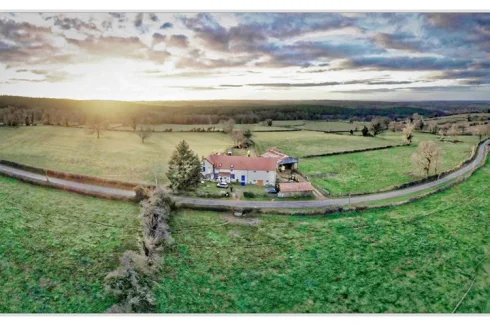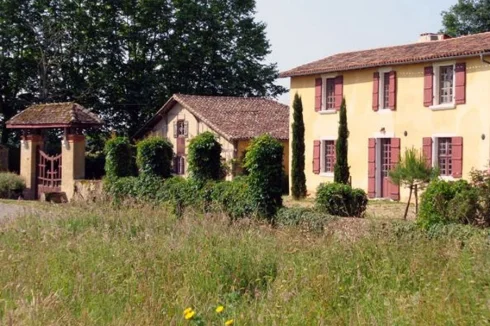Overcharging by Builders in France
Tuesday 06 July 2021
Homeowners who are faced with unreasonable extra charges demanded by their builder do not always need to pay it.
Most owners who have building works carried out on their French property are prudent enough to obtain a written quotation from the builder.
A price quotation in French is called a devis and once it is signed by both client and contractor it becomes a legally binding contract.
Despite the growing difficulties many people face in getting a building tradesman to quote, French building professionals are accustomed to preparing building estimates for prospective clients.
As a general rule, the estimates are detailed but there is inevitably wriggle room often left to the builder, such as where quantities or materials are not fully specified.
Indeed, the fact they are so detailed is often used by the builder to justify variances that occur on site. A French builder may also use a misinterpretation by the client of their price, citing language issues.
Beware also that if the price given to the client is an 'estimation' not a 'devis' the builder is not bound by the price.
A low estimate is also a tell-tale sign that there could well be later problems, either with the price or the quality of the work.
That is why it is crucial to go through the quote with the builder to firm up any points that are not clear, or which may be later open to wide interpretation by the builder.
Inevitably, during the progress on site, the scope or nature of the works will change and they can then become a frequent source of conflict with the builder. Even if they are clearly agreed by the client, the price basis on which the work is carried out is not always fully understood and agreed.
There are also risks on engaging a builder merely on the basis that they are Anglophone, or speak the English language. Not only may they lack the necessary skills or experience, but there is a substantial risk of paying way over the odds. We know of many such cases.
Neil Dempsey, a building and fencing contractor based in the Hautes Pyrenees says that the best way of avoiding problems is to prepare the ground before you seek an estimate: " Be as clear as possible in your own mind what you want them to do, how it is to be done and be as flexible as possible on timing. Try and make it as easy as possible for the builder to see what needs to be done, so their own risk is reduced."
A recent decision of the French Cour de Cassation, the highest court in the country, stated that, without proof that extra works had been agreed by the client, no additional payment was due to the builder.
In the case before the court, following acceptance of the devis by the customer, a builder undertook work in the property, and then invoiced them for €4,500 in respect of additional works carried out over that detailed in the devis.
Although the customer protested, they paid the extra sum over to the builder.
Nevertheless, subsequently, they brought an action in the courts for recovery of the extra monies that had been paid.
The Court of Appeal in France decided that, despite there being no contractual evidence that the works had been requested by the customer, the fact that they had paid the builder was sufficient proof that the work had been carried out.
The customer appealed to the Cour de Cassation, which disagreed with the lower court, arguing that it was not appropriate for the court to determine the motives of the client in paying the bill.
The fact that the invoice from the builder had been paid by their client was not sufficient proof that additional works had been requested and agreed.
Accordingly, the builder was forced to return the €5,000 and ordered to pay costs.
The case is particularly important in drawing attention to the need to ensure there is a proper written record of any changes in the building works agreed with the builder.
Professionals who work in the construction industry know this very well, for on major projects a full contract and specification is prepared, and changes agreed by the issue of a formal variation order by the architect.
The same principle applies to works carried out on residential properties. You need to agree in writing the changes with your builder, particularly if they are significant. It would be unwise to rely on the perceived good nature of the builder that you will be treated fairly. In our experience, relationships between client and builder can change in a moment and often do so.
If the builder realises that the job is not going to produce the profit they expected then, faced with a unwary client, their own solution is a very obvious one!
You can read more in our guide to Building in France
Thank you for showing an interest in our News section.
Our News section is no longer being published although our catalogue of articles remains in place.
If you found our News useful, please have a look at France Insider, our subscription based News service with in-depth analysis, or our authoritative Guides to France.
If you require advice and assistance with the purchase of French property and moving to France, then take a look at the France Insider Property Clinic.





